The technique had largely been limited to editing patients’ cells in the lab. New research shows promise for treating diseases more directly.
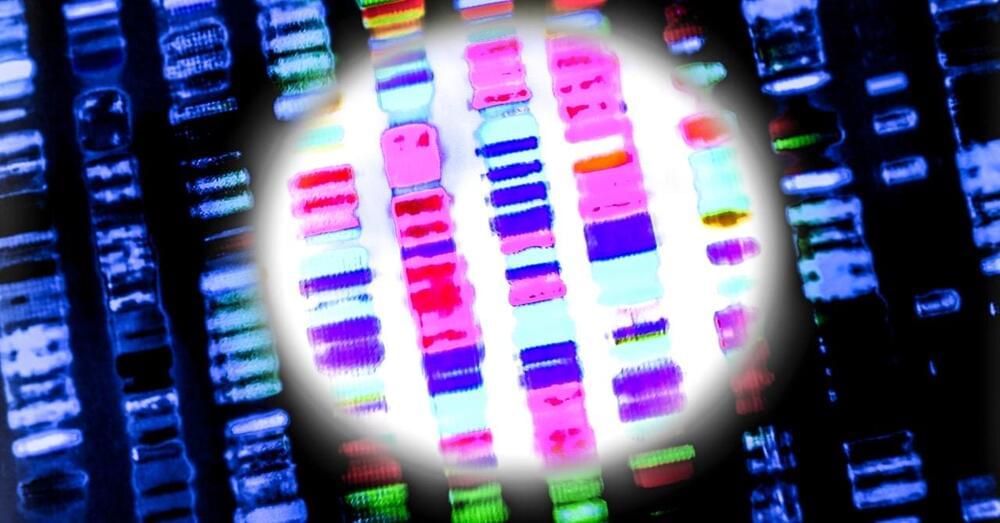

The technique had largely been limited to editing patients’ cells in the lab. New research shows promise for treating diseases more directly.

Chromosome-level engineering is a completely different beast: it’s like rearranging multiple paragraphs or shifting complete sections of an article and simultaneously hoping the changes add capabilities that can be passed onto the next generation.
Reprogramming life isn’t easy. Xiao Zhu’s DNA makeup is built from genetic letters already optimized by eons of evolutionary pressure. It’s no surprise that tinkering with an established genomic book often results in life that’s not viable. So far, only yeast have survived the rejiggering of their chromosomes.
The new study, published in Science, made the technology possible for mice. The team artificially fused together chunks from mice chromosomes. One fused pair made from chromosomes four and five was able to support embryos that developed into healthy—if somewhat strangely behaved—mice. Remarkably, even with this tectonic shift to their normal genetics, the mice could reproduce and pass on their engineered genetic quirks to a second generation of offspring.

A new atomic-scale experiment all but settles the origin of the strong form of superconductivity seen in cuprate crystals, confirming a 35-year-old theory.
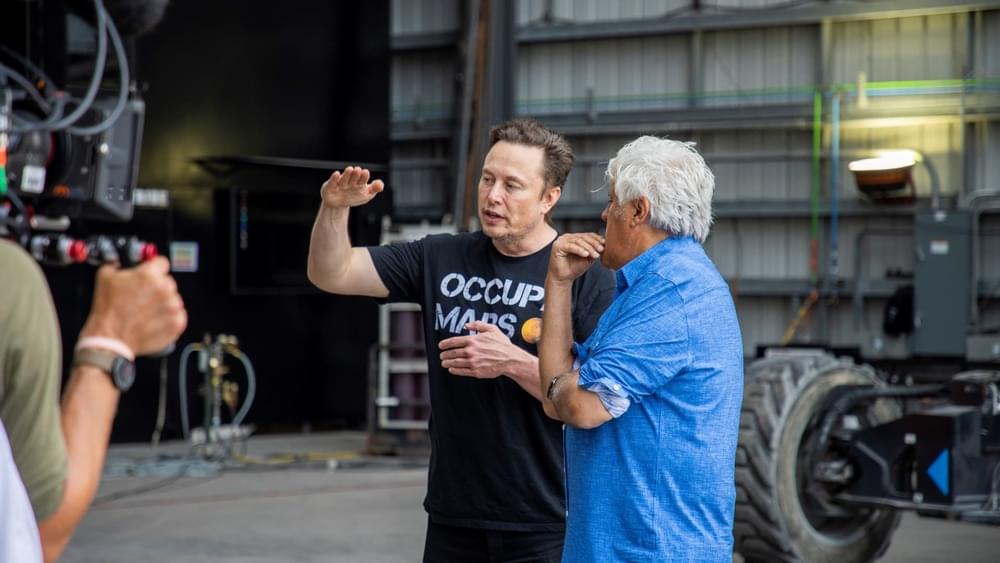
The list of things that interest Elon Musk ranges from space travel to easing Los Angeles’ infamous traffic.
One thing that doesn’t make the cut? Patents.
The 51-year-old entrepreneur recently appeared on CNBC’s “Jay Leno’s Garage” to give the former “Tonight Show” host a tour around the SpaceX Starbase facility in Texas.
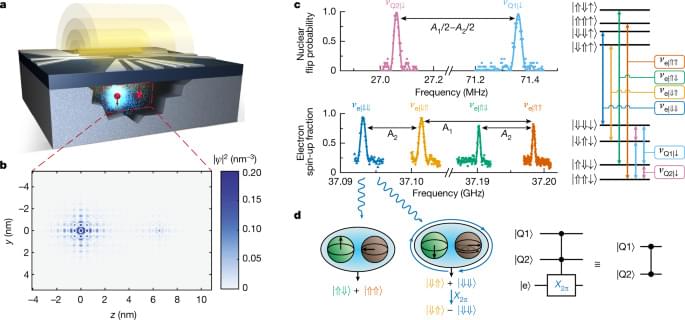
Circa 2022 Silicon based quantum computer is 99 percent accurate.
Universal quantum logic operations with fidelity exceeding 99%, approaching the threshold of fault tolerance, are realized in a scalable silicon device comprising an electron and two phosphorus nuclei, and a fidelity of 92.5% is obtained for a three-qubit entangled state.
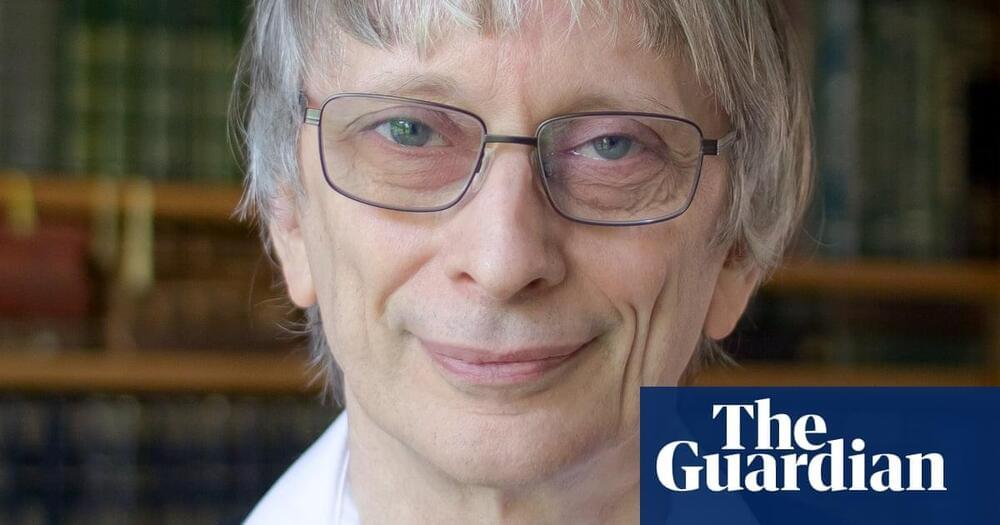
A theoretical physicist who has never had a regular job has won the most lucrative prize in science for his pioneering contributions to the mind-bending field of quantum computing.
David Deutsch, who is affiliated with the University of Oxford the $3m (about £2.65m) Breakthrough prize in fundamental physics with three other researchers who laid the foundations for the broader discipline of quantum information.
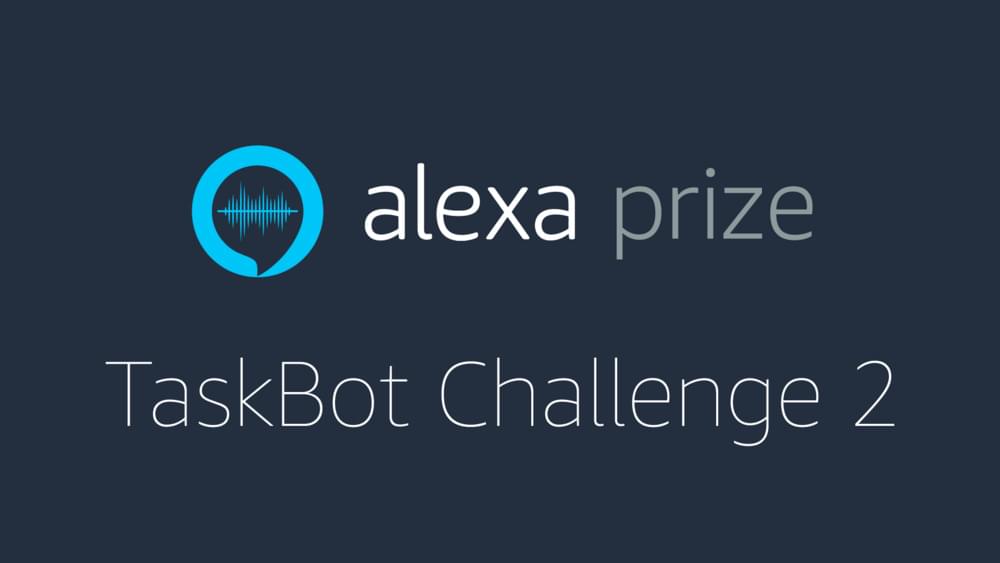
Following the success of the inaugural competition in 2021, Amazon is officially launching the Alexa Prize TaskBot Challenge 2. Starting today, university teams across the globe can apply to compete in developing multimodal conversational agents that assist customers in completing tasks requiring multiple steps and decisions. The first-place team will take home a prize of $500,000.
The TaskBot Challenge 2, which will begin in January 2023, addresses one of the hardest problems in conversational AI — to create next-generation conversational AI experiences that delight customers by addressing their changing needs as they complete complex tasks. It builds upon the Alexa Prize’s foundation of providing universities a unique opportunity to test cutting edge machine learning models with actual customers at scale.
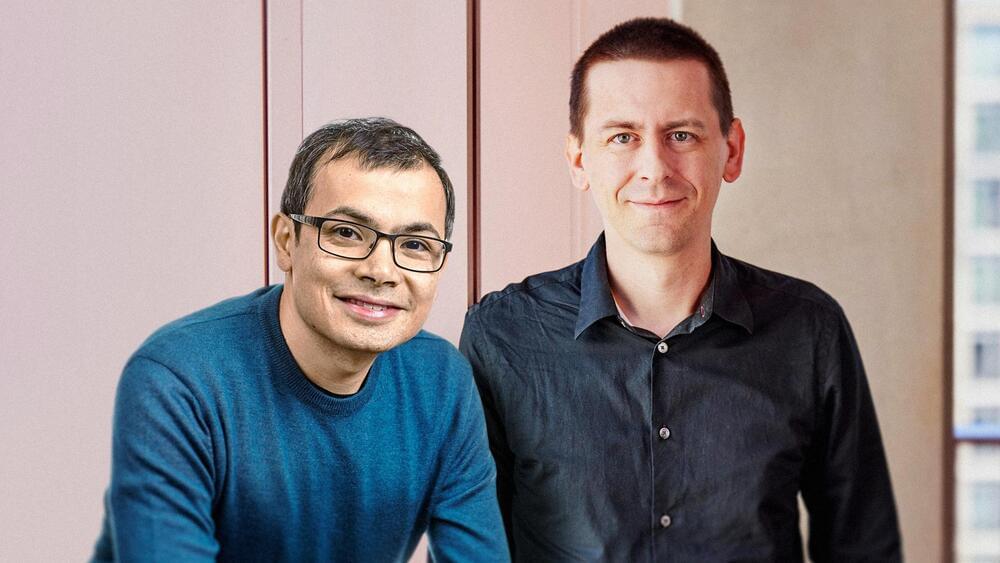
The same AI engine that made computers even better at games like chess and Go could also boost new drug discoveries.
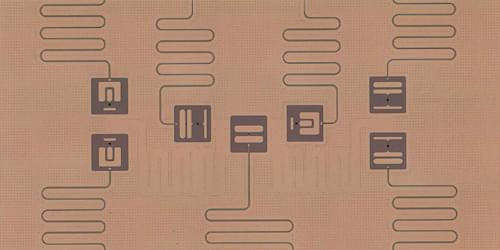
A new type of superconducting qubit could solve a “crowding” problem that hinders the development of superconducting quantum computers with large numbers of qubits.
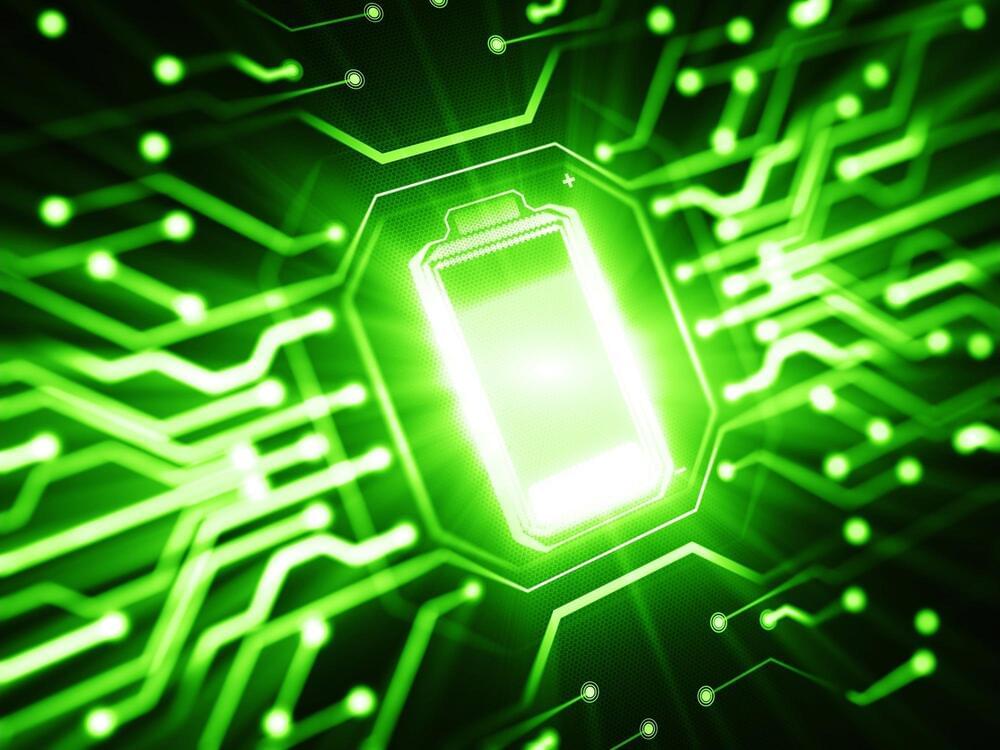
A proof-of-concept study published in the journal Scientific Reports outlines a water-activated disposable paper battery. According to the scientists, it could be used to power a broad variety of low-power, single-use disposable electronics, such as smart labels for tracking items, environmental sensors, and medical diagnostic devices, thereby minimizing their environmental impact.
The battery was developed by Gustav Nyström and colleagues, and it consists of at least one cell that is one centimeter squared and is made up of three inks that have been printed on a rectangular piece of paper. The paper strip is covered with sodium chloride salt, and one of its shorter ends has been dipped in wax.
One of the flat sides of the paper is printed with ink containing graphite flakes, which serves as the positive end of the battery (cathode). The other side is printed with ink containing zinc powder, which serves as the negative end of the battery (anode).